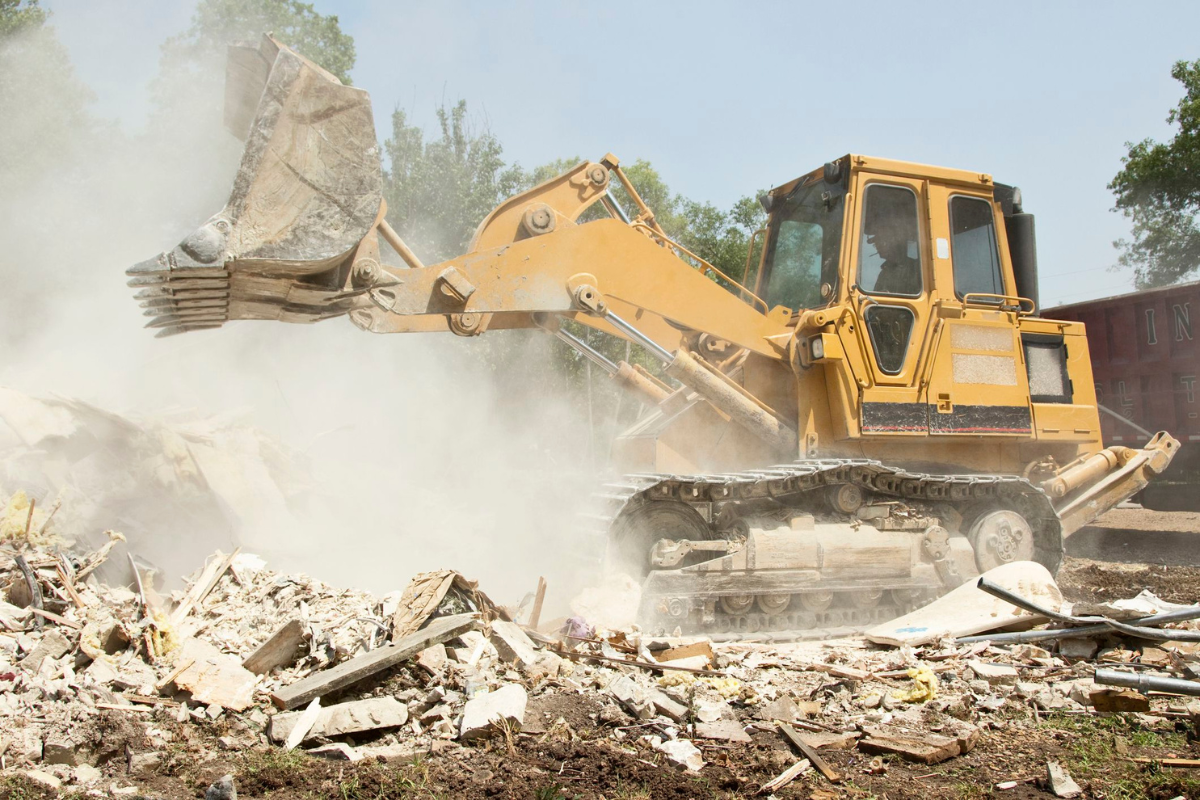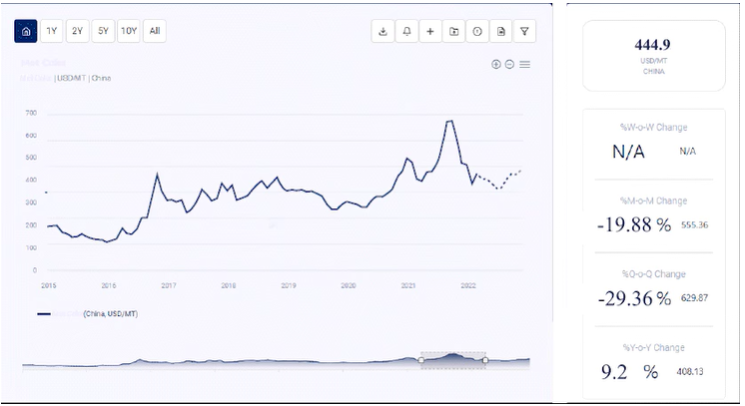What to Know About Debris Removal Regulations

Debris removal regulations encompass laws and guidelines established by governments to ensure the proper handling, transport, and disposal of waste materials. These regulations aim to minimize environmental pollution, protect public health, and promote sustainable waste management practices.
Importance of Debris Removal Regulations
Effective debris removal regulations play a vital role in safeguarding ecosystems, preventing contamination of water sources, and reducing the risk of exposure to harmful substances. By enforcing strict guidelines for waste management, governments can mitigate the adverse effects of improper disposal practices on both human and environmental health.
Types of Debris Covered by Regulations
Debris subject to regulations can be categorized into two main types: hazardous and non-hazardous. Hazardous debris includes materials that pose a significant risk to human health or the environment, such as chemical waste, asbestos, and biomedical waste. Non-hazardous debris encompasses materials like construction debris, household waste, and electronic waste.
Government Regulations on Debris Removal
Governments at both the federal and state levels enact regulations to govern debris removal activities. Federal agencies, such as the Environmental Protection Agency (EPA), establish overarching guidelines, while state governments may implement additional regulations tailored to local needs and environmental conditions.
Compliance with Debris Removal Regulations
Compliance with debris removal regulations involves obtaining the necessary permits and licenses, adhering to specific disposal methods, and maintaining proper documentation of waste management activities. Failure to comply with these regulations can result in severe penalties and legal consequences.
Penalties for Non-Compliance
Penalties for non-compliance with debris removal regulations vary depending on the severity of the violation and the jurisdiction in which it occurs. Fines, civil penalties, and legal action, including criminal charges, may be imposed on individuals or businesses found to be in violation of these regulations.
Environmental Impact of Debris Removal
Effective debris removal practices can help mitigate environmental damage by preventing pollution, conserving natural resources, and promoting recycling initiatives. By minimizing the volume of waste sent to landfills and incinerators, communities can reduce their carbon footprint and preserve ecosystems.
Community Involvement in Debris Removal
Community involvement plays a crucial role in promoting responsible waste management practices. Public awareness campaigns educate residents about the importance of proper debris disposal, while volunteer programs engage community members in cleanup efforts and recycling initiatives.
Debris Removal Best Practices
Adhering to debris removal best practices involves thorough pre-planning, implementation of safety protocols, and utilization of appropriate equipment and techniques. By prioritizing safety and efficiency, waste management professionals can minimize risks and maximize the effectiveness of cleanup operations.
Technology Advancements in Debris Removal
Advancements in technology, such as drones and robotics, are revolutionizing the field of debris removal. These innovative tools enable faster, safer, and more precise waste management, allowing for more efficient cleanup of contaminated sites and disaster areas.
Challenges in Debris Removal Regulations
Despite the importance of debris removal regulations, various challenges hinder their effective implementation. Enforcement issues, budget constraints, and inadequate infrastructure pose significant obstacles to achieving comprehensive waste management goals.
Case Studies on Successful Debris Removal Projects
Examining case studies of successful debris removal projects provides valuable insights into effective strategies and best practices. By analyzing real-world examples, policymakers and waste management professionals can identify successful approaches to addressing environmental challenges.
Future Trends in Debris Removal Regulations
The future of debris removal regulations is shaped by evolving technologies, changing environmental priorities, and increasing public awareness of waste management issues. Anticipated trends include greater emphasis on recycling and sustainability, as well as continued innovation in waste management technologies.
FAQs
What types of waste are covered by debris removal regulations?
Debris removal regulations cover both hazardous and non-hazardous waste, including chemicals, construction debris, and electronic waste.
What are the penalties for non-compliance with debris removal regulations?
Penalties for non-compliance may include fines, civil penalties, and legal action, depending on the severity of the violation.
How can communities get involved in debris removal efforts?
Communities can participate in cleanup initiatives, volunteer programs, and public awareness campaigns to promote responsible waste management practices.
What role does technology play in modern debris removal practices?
Technology, such as drones and robotics, enhances the efficiency and safety of debris removal operations by enabling faster and more precise waste management.
What are some future trends in debris removal regulations?
Future trends may include greater emphasis on recycling, sustainability initiatives, and continued innovation in waste management technologies.
Explore our services
Conclusion
Debris removal regulations are essential for protecting the environment, public health, and community well-being. By adhering to these regulations and adopting best practices in waste management, individuals and organizations can contribute to a cleaner, safer, and more sustainable future.











